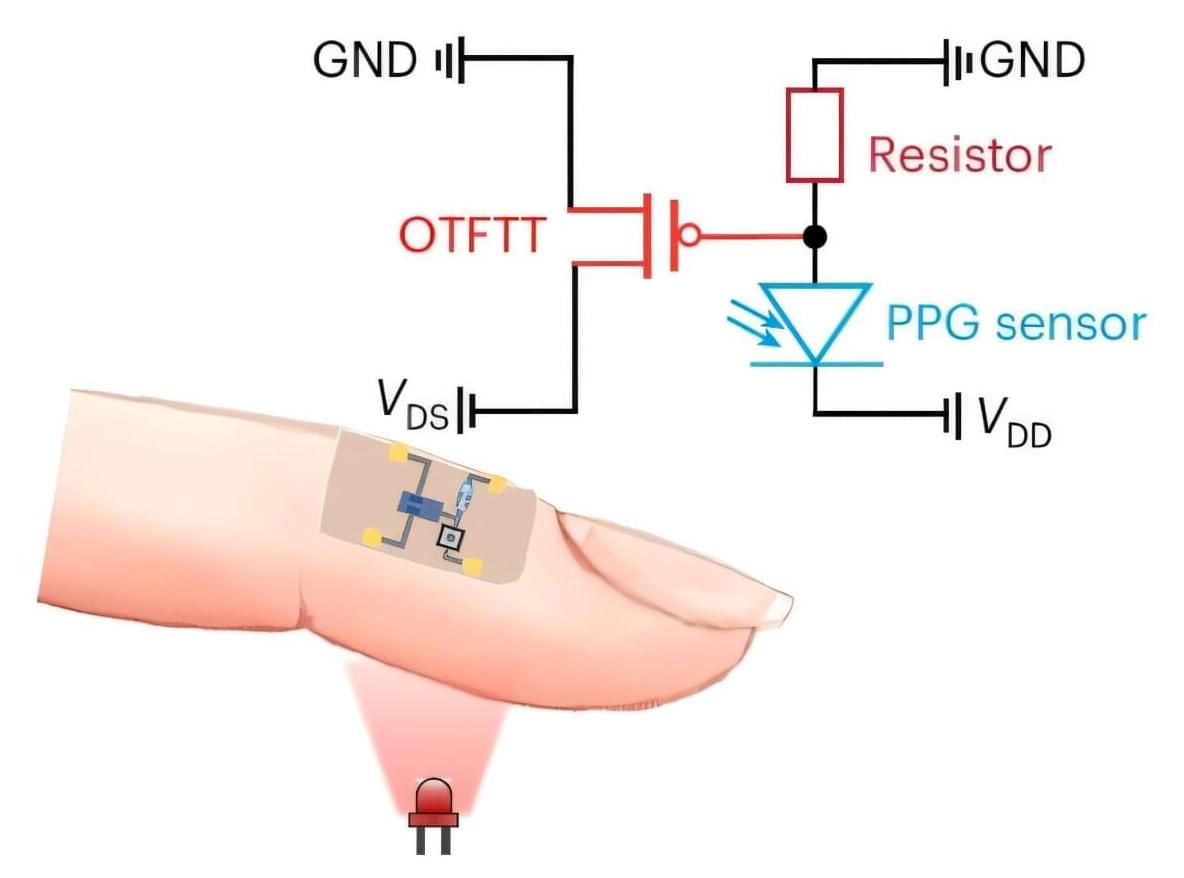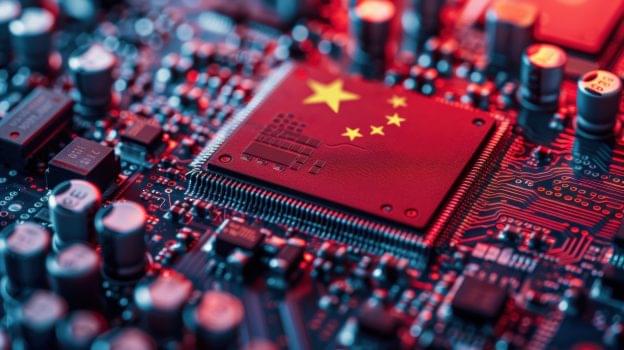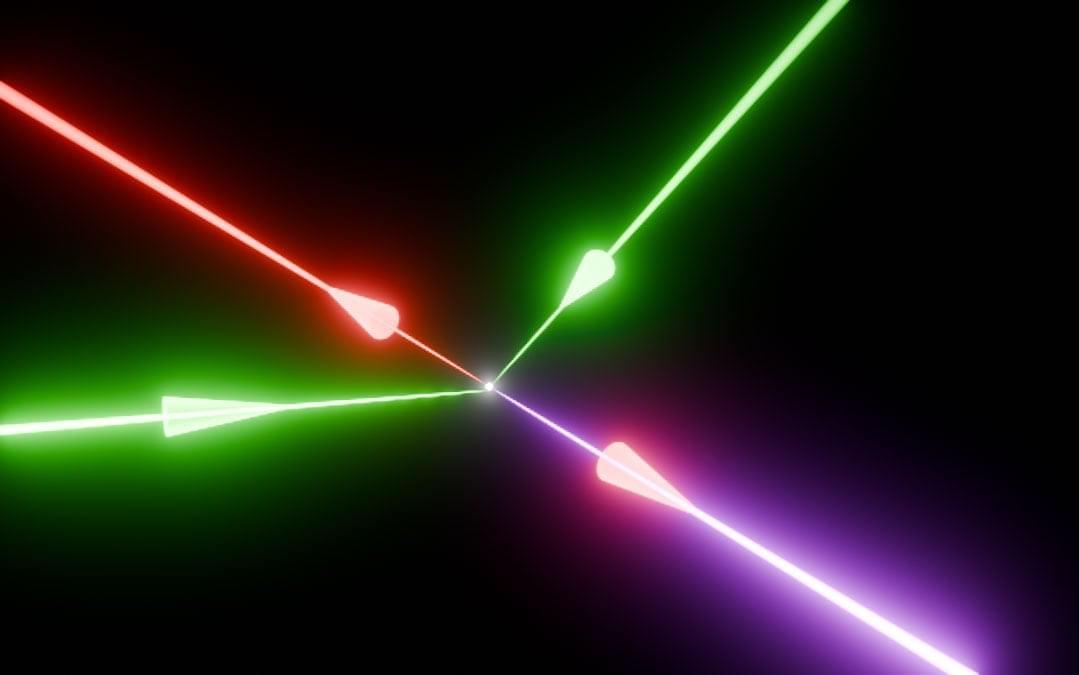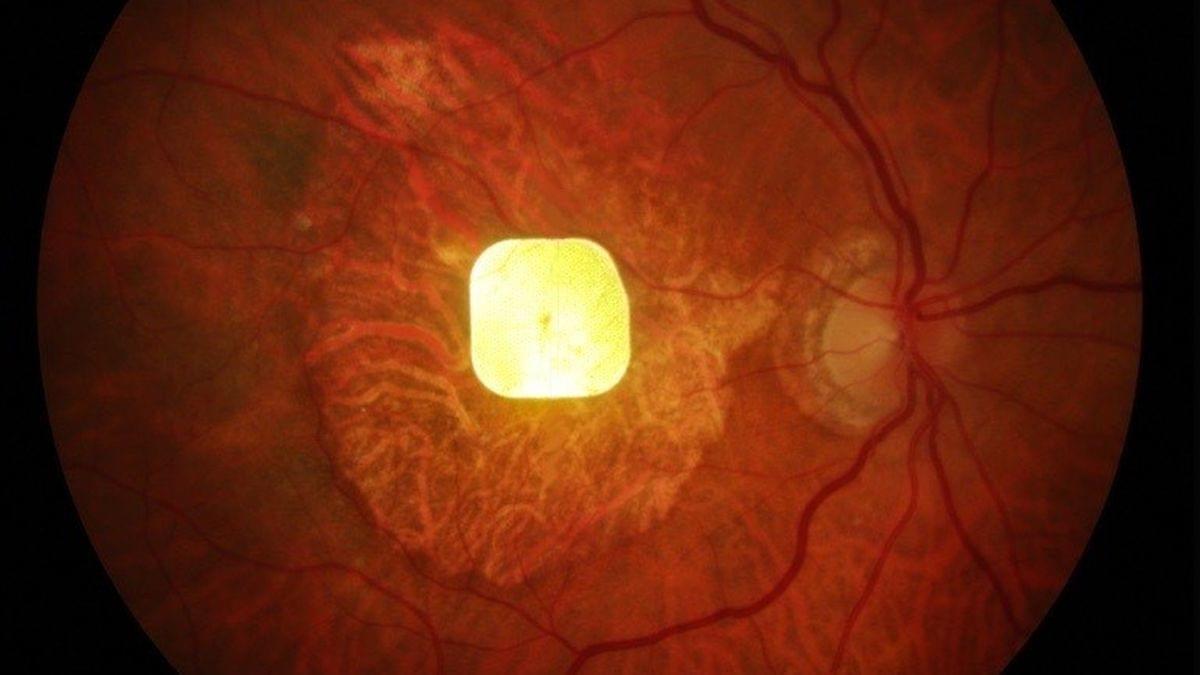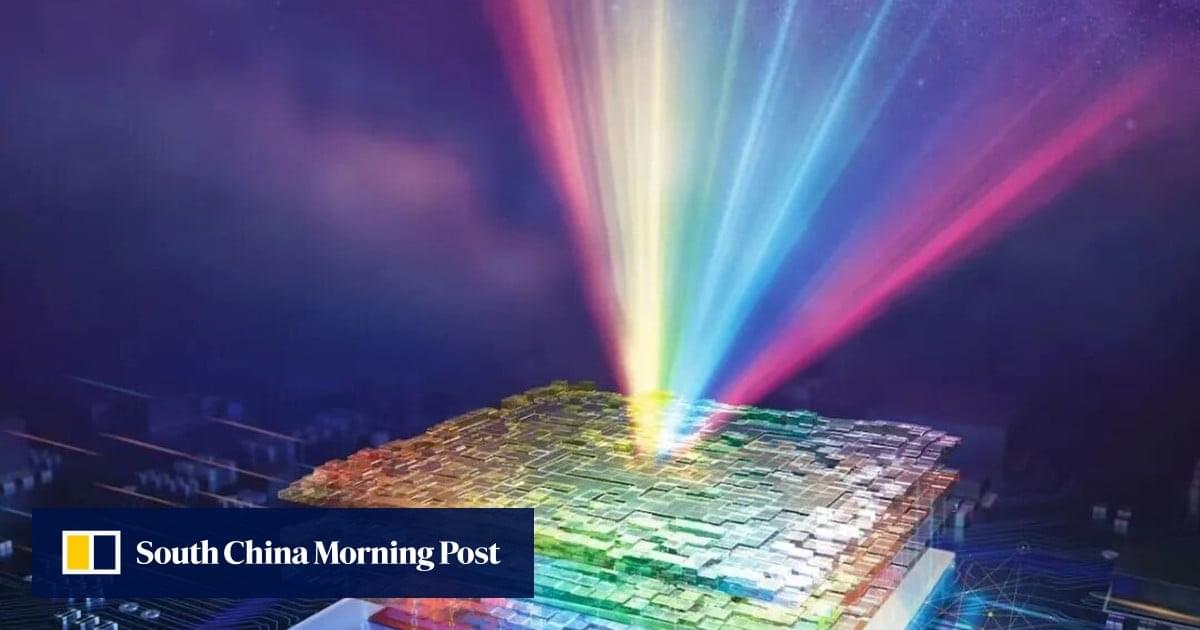A new imaging system could help us see deeper into the universe than ever before. The same powerful technology could also help us analyze the chemical makeup of everyday materials such as food and medicines much faster and with greater accuracy than current methods.
In a study published in the journal Nature, researchers from Tsinghua University in China have introduced a tiny device called RAFAEL (Reconfigurable, Adaptive, FAst and Efficient Lithium-niobate spectro-imager) that uses advanced photonics to capture light in exceptional detail with high speed.
RAFAEL is designed to dramatically improve spectroscopy, the technique used to study the physical structure and chemical composition of matter. It is used for everything from mapping deep space to checking for contaminants in water and diagnosing diseases, and it works by breaking down the light that comes from an object and analyzing the different colors (wavelengths). While incredibly powerful, traditional spectrometers often face a trade-off: To get very fine detail you have to block much of the light. Or if you let in a lot of light, you lose resolution or sensitivity.

